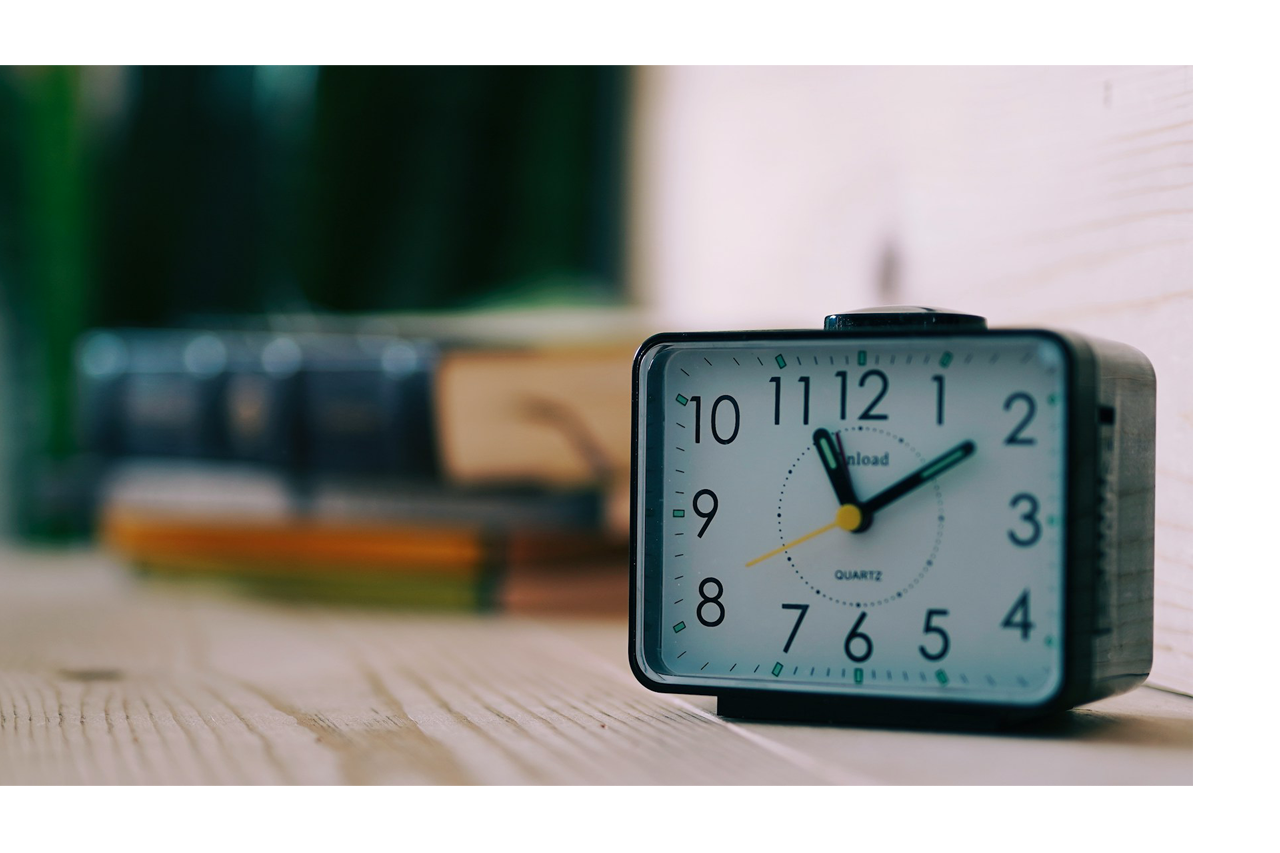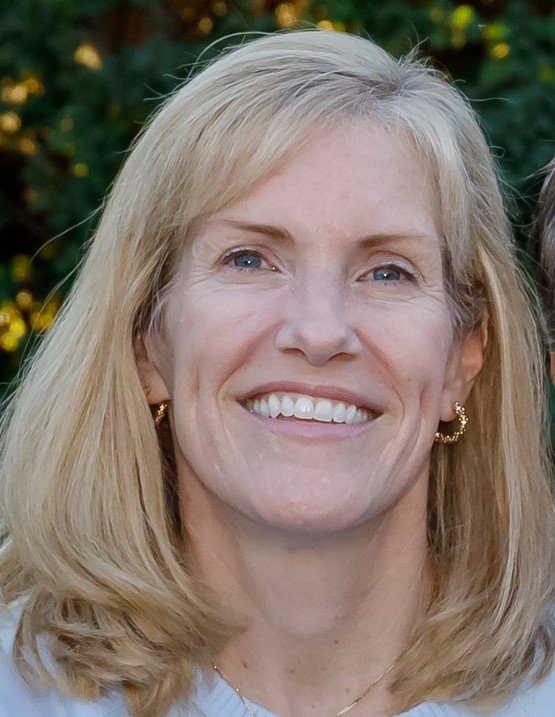CofC Podcast: Are You an Early Bird or a Night Owl?
Join the “Speaking of ... College of Charleston” podcast for the latest episode featuring Cindi May.

Have you ever wondered why you feel sharp and focused at dawn while your partner hits their stride after sunset? Or maybe you’ve noticed your teenager seems to come alive just as you’re winding down. These patterns aren’t quirks – they’re rooted in biology.
“Your chronotype is your natural preference for sleep and wake times, and it’s driven by your circadian rhythm,” says psychology professor Cindi May. “These rhythms are powerful internal timekeepers that affect your body temperature, hormone levels and cognitive functioning throughout the day.”
On this episode of Speaking of … College of Charleston, May unpacks the science of chronotypes and circadian rhythms, revealing how our internal clocks influence everything from academic performance and medical diagnoses to relationships and daily decision-making.
Tools such as the Morningness-Eveningness Questionnaire help determine if your chronotype is a morning lark, a night owl or somewhere in between.
May and other researchers have investigated whether understanding your chronotype matters. While society isn’t always structured to accommodate individual chronotypes, May believes awareness is key. It may even be the key to unlocking your best self.
“Understanding your chronotype isn’t just interesting, it’s empowering,” she says. “It helps you advocate for yourself, whether you’re scheduling a test, a meeting or a medical appointment.”
Listen now to learn how understanding your chronotype can help you optimize outcomes and navigate a world often out of sync with your internal clock.
Featured on This Episode:

Cindi May is a professor of psychology at the College of Charleston and the 2022 Distinguished Teaching Award recipient. A graduate of Furman University (B.A., 1990) and Duke University (Ph.D., 1995), May joined the College of Charleston in 1999 after teaching at the University of Arizona. She specializes in human memory, aging and disability and teaches a variety of courses, including introductory-level courses in general psychology and cognition as well as upper-level and laboratory courses in human memory and applied cognition.
May’s research broadly focuses on understanding human memory and cognition, aiming to improve outcomes for individuals who experience cognitive challenges, including older adults and individuals with intellectual disability. Her publications include work on innovations in pedagogy as well as her scientific research on circadian arousal, inhibitory processes in attention, flashbulb memory and prospective memory, as well as applied work on inclusive education and disability in the workplace. She regularly contributes to Scientific American, and she co-authors a teaching column for the Association for Psychological Science, where she was named a Fellow in 2016.
Resources From This Episode:
- Take the Morningness-Eveningness Questionnaire to determine whether you are a morning type (lark), evening type (owl) or neutral.
- Learn more about Cindi May.



